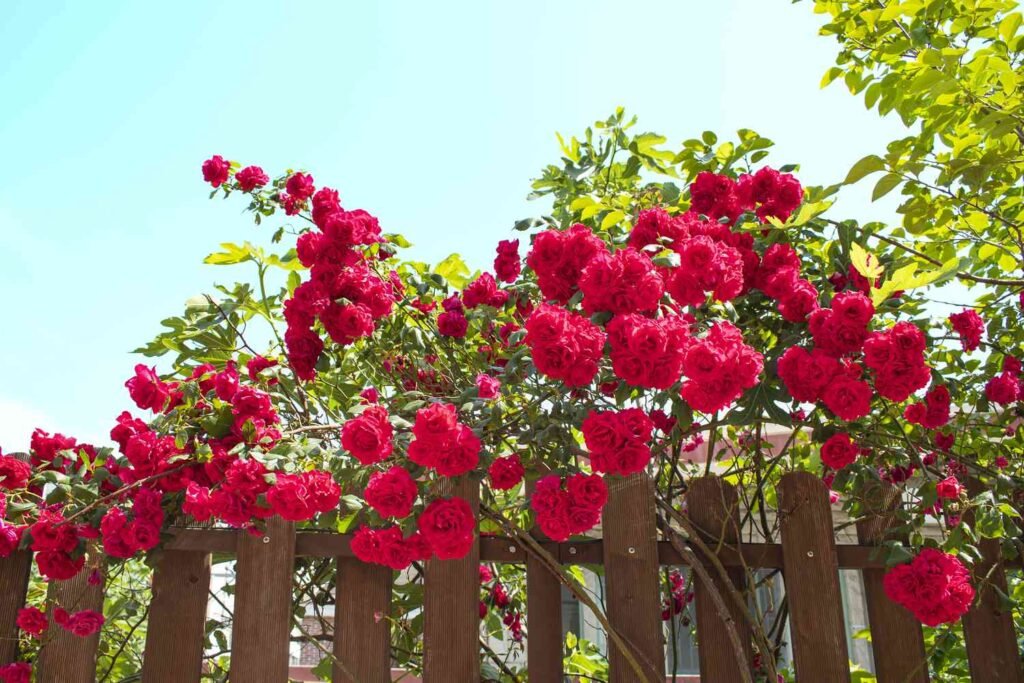Nestled in the picturesque landscapes of North Wales, The King’s Roses NWBKA epitomizes a harmonious blend of heritage, sustainability, and community engagement. This initiative, guided by the principles of the North Wales Beekeepers’ Association (NWBKA), represents more than just the art of beekeeping—it is a tribute to the regal beauty of nature, fostering biodiversity while upholding the elegance symbolized by roses and royal gardens.
What Is “The King’s Roses NWBKA”?
The King’s Roses NWBKA is a remarkable project spearheaded by the North Wales Beekeepers’ Association. The initiative aims to encourage sustainable beekeeping practices while promoting the conservation of honeybees and other vital pollinators. The reference to “The King’s Roses” captures the symbolic connection between beekeeping, floral beauty, and the enduring legacy of monarchies intertwined with nature.
The Mission Behind The King’s Roses NWBKA
At its core, this initiative strives to:
- Preserve Pollinators: Honeybees play a crucial role in pollinating crops and sustaining ecosystems. This program ensures their well-being through responsible beekeeping practices.
- Promote Education: By teaching individuals about the importance of pollinators, NWBKA empowers communities to support biodiversity.
- Celebrate Nature’s Beauty: The “King’s Roses” symbolizes both royal gardens and the blooming harmony of flowers sustained by pollination.
- Foster Community Engagement: This project brings together individuals passionate about protecting bees, sharing knowledge, and building environmental stewardship.
The Role of NWBKA in North Wales
The North Wales Beekeepers’ Association has long been an advocate for the conservation of bees and the development of ethical beekeeping practices. Through events, training, and initiatives like The King’s Roses NWBKA, it continues to provide resources for:
- Aspiring beekeepers
- Experienced apiarists seeking advanced techniques
- Conservationists aiming to protect pollinators and their habitats
Why “The King’s Roses”?
The name “The King’s Roses” resonates deeply with themes of regality, nature, and interconnectedness. Here’s why it’s significant:
Historical Roots
Royal gardens have historically been symbols of opulence and ecological harmony. Similarly, bees have been associated with monarchy for centuries, representing diligence, productivity, and community.
A Nod to Biodiversity
The metaphorical “roses” reflect the vibrant ecosystems made possible by pollinators like honeybees. As these bees thrive, so too do flowers, fruits, and other plant life critical to the environment.
How The King’s Roses NWBKA Supports Biodiversity
Biodiversity underpins the health of ecosystems, and this initiative actively contributes by:
- Creating Pollinator-Friendly Habitats: Through dedicated apiaries and garden spaces, the project ensures bees have access to rich forage.
- Raising Awareness: Educational campaigns inform people about planting bee-friendly flowers and reducing pesticide use.
- Sustaining Ecosystems: By nurturing pollinators, this initiative helps maintain the balance necessary for thriving ecosystems in North Wales.
The Importance of Beekeeping in North Wales
North Wales is renowned for its lush landscapes, wildflowers, and agricultural heritage. Beekeeping has become a critical practice for sustaining this natural beauty.
Bees and Local Agriculture
Many crops in the region, including apples and berries, rely heavily on bee pollination. The King’s Roses NWBKA ensures that these pollinators can flourish, directly benefiting local farmers and gardeners.
Cultural Significance
Beekeeping is also deeply rooted in Welsh tradition, with practices passed down through generations. This initiative preserves that heritage while adapting to modern environmental challenges.
The Educational Pillars of The King’s Roses NWBKA
Education is a cornerstone of this initiative. Through workshops, lectures, and hands-on experiences, participants learn:
- The Lifecycle of Honeybees
- Ethical Beekeeping Techniques
- How to Identify and Address Bee Diseases
- Creating Bee-Friendly Gardens
Workshops for Beginners
For those new to beekeeping, NWBKA offers starter courses that cover everything from hive setup to honey harvesting.
Advanced Training
Experienced beekeepers can delve into topics like queen rearing, swarm management, and breeding for resilient bee populations.
The Role of Honey in The King’s Roses NWBKA
Honey is more than just a product of bees; it’s a testament to the symbiotic relationship between pollinators and their environment.
Local Honey, Local Flavor
Beekeepers in North Wales produce honey that reflects the unique flora of the region. Each jar carries the essence of wildflowers, clover, and other native plants pollinated by local bees.
Supporting Bee Health
Responsible honey harvesting practices ensure that bees retain enough resources to survive through the seasons.
How to Get Involved with The King’s Roses NWBKA
Whether you’re an aspiring beekeeper, an environmentalist, or simply someone passionate about nature, there are many ways to contribute:
- Join NWBKA: Membership provides access to resources, mentorship, and events.
- Plant Pollinator-Friendly Flowers: Even a small garden can make a big difference for bees.
- Attend Events: From honey festivals to conservation talks, these gatherings foster community and learning.
- Volunteer: Help with maintaining apiaries or organizing educational programs.
The Future of The King’s Roses NWBKA
As environmental challenges grow, The King’s Roses NWBKA aims to:
- Expand its network of beekeepers in North Wales
- Introduce more sustainable beekeeping practices
- Advocate for policies that protect pollinators and their habitats
- Increase public engagement through digital platforms
FAQs
What is the main goal of The King’s Roses NWBKA?
The initiative aims to promote sustainable beekeeping, conserve pollinators, and educate communities about the importance of bees in North Wales.
Can beginners join The King’s Roses NWBKA?
Yes, NWBKA offers workshops and resources for individuals of all experience levels, including those new to beekeeping.
What makes North Wales ideal for beekeeping?
The region’s diverse flora, mild climate, and agricultural heritage make it an excellent environment for honeybees and beekeeping.
How can I support The King’s Roses NWBKA?
You can support the initiative by joining NWBKA, volunteering, planting bee-friendly flowers, or attending events.
Why are pollinators so important?
Pollinators like bees are essential for the reproduction of plants, which supports food production and biodiversity.
Does NWBKA sell honey?
Many members produce honey that reflects the unique flavors of North Wales. Some may offer it for sale at local events or through direct contact.
Conclusion
The King’s Roses NWBKA is a shining example of how tradition, community, and sustainability can intertwine to create a meaningful impact. By nurturing honeybees and celebrating their vital role in the ecosystem, this initiative not only preserves biodiversity but also honors the rich cultural and natural heritage of North Wales. Whether you’re drawn to its educational offerings, its environmental mission, or simply its beautiful symbolism, The King’s Roses NWBKA invites everyone to be part of its blooming journey.


